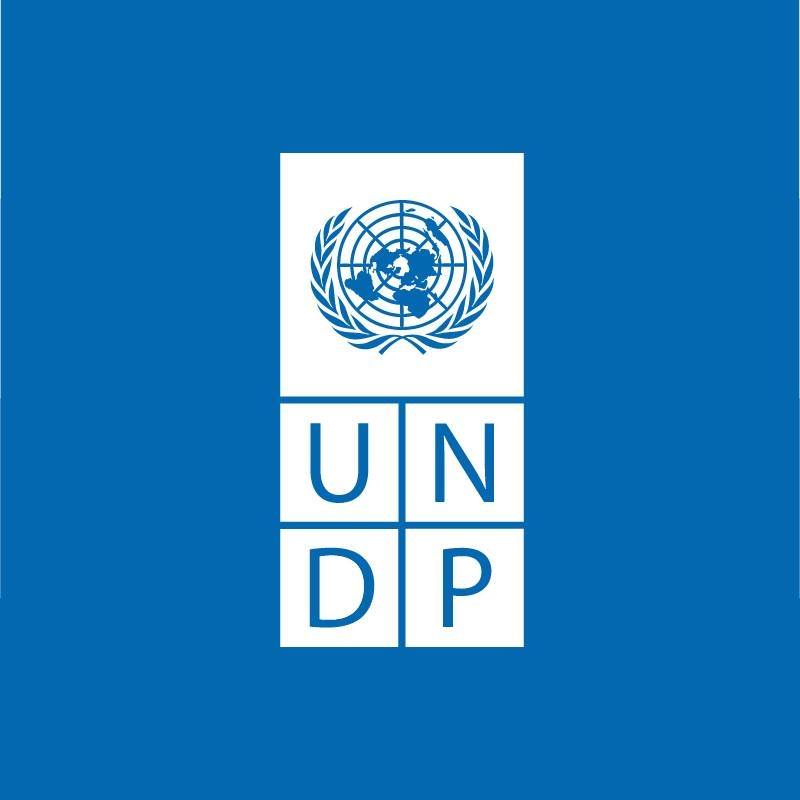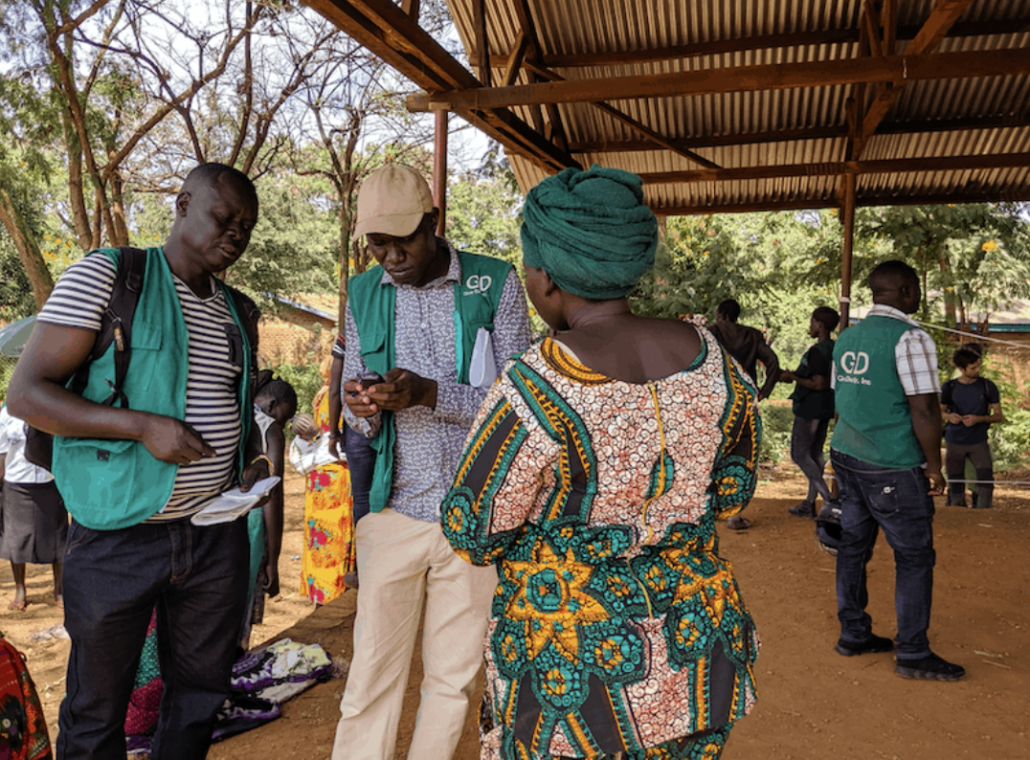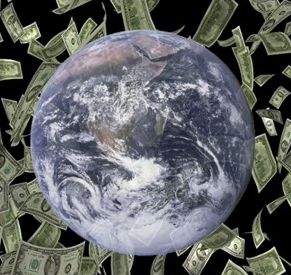Chiapas has a strong history of indigenous peoples advocating for their rights and economic reforms to reduce its tremendous poverty. One of the non-profit groups working in Chiapas, that I am pleased to support, is Partners in Health (PIH). In 2011, PIH founded Compañeros en Salud, which provides high quality medical care even in remote rural regions. PIH was co-founded by a medical school professor of mine, Dr. Paul Farmer, who began his work in incredibly poor rural regions of Haiti. The model he and his colleagues developed was brought to Chiapas, and has grown from a handful of volunteers to over 200 healthcare workers.
The United Nations Development Program (UNDP) has just called for a universal basic income in 132 developing countries that it believes could help reduce the spread of COVID-19 and help the poorest families in the world stave off the catastrophic economic impacts of COVID-19. The report notes that female sectors of the workforce have been hit most intensely by the virus, and that there are few resources in these countries for those who have lost their jobs. 100 million more people could be thrown into poverty. Educational disruptions are rampant. People cannot even afford the basics such as clean water. Please consider donating to givedirectly.org or another organization distributing cash to families. With additional cash resources, people will not have to leave the home as frequently and work in dangerous conditions of high risk for contracting and spreading COVID-19.
Coronavirus impacts are causing starvation and threatening to plunge a half billion people globally into extreme poverty. 30 million children might die for economic reasons – not from the virus itself, which rarely kills them. The World Food Program estimates that acute hunger will more than DOUBLE by the end of 2020. Providing a global universal basic income is one way – perhaps the only way to potentially ameliorate this distress. Per the World Basic Income Foundation, a fund of $1 trillion, or 1.2% of world GDP, would be enough to stave off most of the anticipated “extreme starvation” by distributing a universal basic income. Reaching that goal would require coordinated international effort that feels far off in the nationalist tides that reign.
GiveDirectly is a 4-star rated charity that enables you to directly send cash to poor people in need. I found it through givewell.org, a charity review website that found its program to be reputable and impact on improving lives to be demonstrable. GiveDirectly’s research is impressive and it invests in ongoing studies of the impact of its work partnering with independent researchers. This opinion written by GiveDirectly’s founders in the Atlantic provides an interesting overview of cash transfers and suggests the novel idea that every development-oriented charity should be required to demonstrate their benefits relative to just giving cash. It described a study conducted of its work by USAID with major partners such as Google. This demonstrated that in Rwanda, a gift of $530 per household had demonstrable impacts on childrens’ height and mortality whereas the normal development and education program had little impact.
As a scientist, I am excited to read about a non-profit actually studying the impact of its programs in sophisticated, randomized, controlled trials, and look forward to supporting their work further. A breath of fresh air to share.
References:
https://www.givedirectly.org/basic-income/
https://www.givewell.org/charities/give-directly
The Act blog is meant to offer ideas and inspiration on ways to take action based on the environmental and humanistic values encoded within the Fern Hill Center practices. How do we share our love as individuals receiving so much from the earth? What have we received from others, and how do we pay that forward? The problems are enormous: the globe is on fire and climate change will destroy the planet as we know it; some parents must sell their children into slavery to survive leading to unspeakable horrors; malnutrition remains problematic for 20% of the world’s children; violence – particularly gender violence directed toward women – is rampant and the risk for experiencing violence is increased by poverty. The coronavirus pandemic is throwing tens of millions – and perhaps hundreds of millions – of people into unemployment and the poorest are the most vulnerable.
This article by Mark Maslin and Simon Lewis suggests that environmentalists should consider advocating for a basic global universal income to cut the links between poverty and consumption – work simply to fend off economic insecurity that ends up damaging the environment. What if environmentalists banded together with human rights advocates to advocate for a global basic income that could help reduce both economic and social injustice? Do you know of any mainstream organizations facilitating this level of crosstalk? The only organization I found was the World Basic Income campaign based in the UK which has some interesting info but last posted about the idea several months ago on their blog.
Here are a few other interesting academic links related to the idea of a universal basic income:
https://publicpolicy.wharton.upenn.edu/live/news/3136-a-closer-look-at-universal-basic-income
https://www.weforum.org/agenda/2017/01/why-we-should-all-have-a-basic-income/
https://www.vox.com/future-perfect/2020/2/19/21112570/universal-basic-income-ubi-map
Our work
Dedicated to freely spreading practices that bring greater joy, compassion and connection.
Disclaimer
The information on this website is for educational purposes only; it is not a substitute for evaluation and treatment by a licensed health professional.
Please note
Despite the academic affiliation and employment of some authors, the views on this website do not represent those of Harvard Medical School or the Massachusetts General Hospital.
Contribute
If you would like to contribute to our work, please consider making a tax deductible contribution to the Massachusetts General Hospital Healthy Aging Studies Fund.



 https://www.givedirectly.org/blog/
https://www.givedirectly.org/blog/